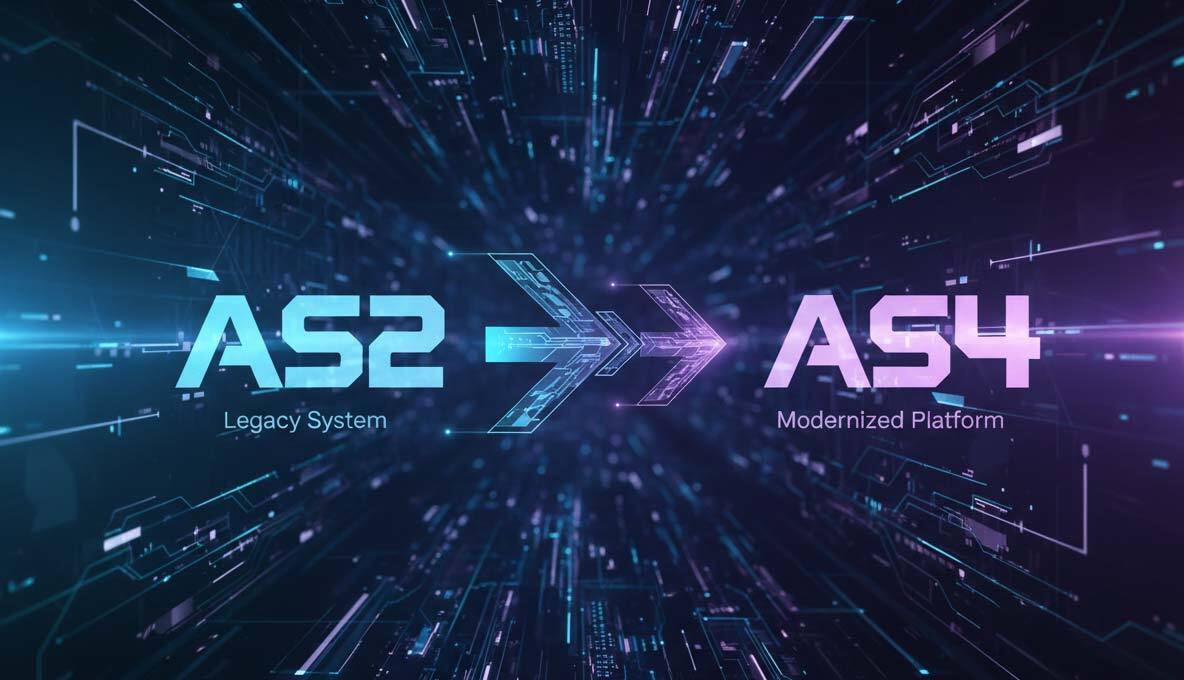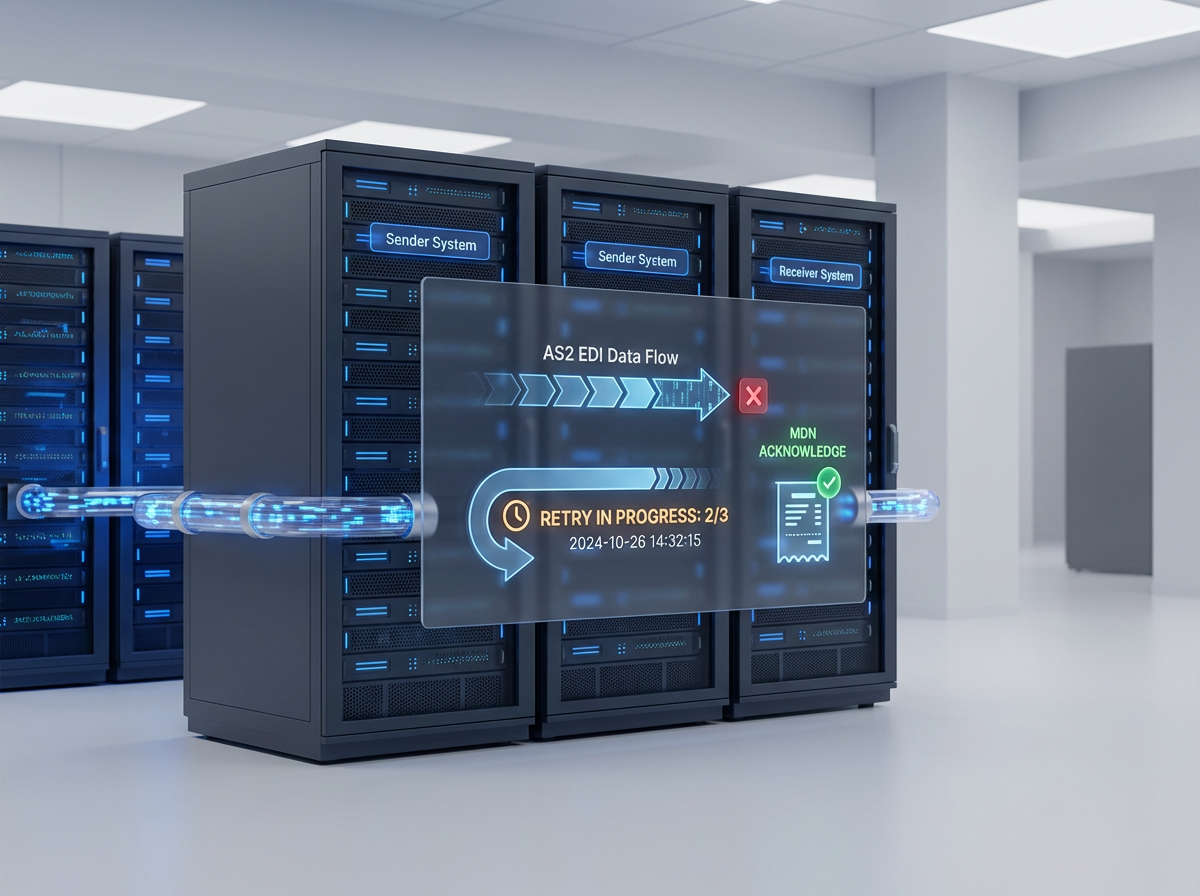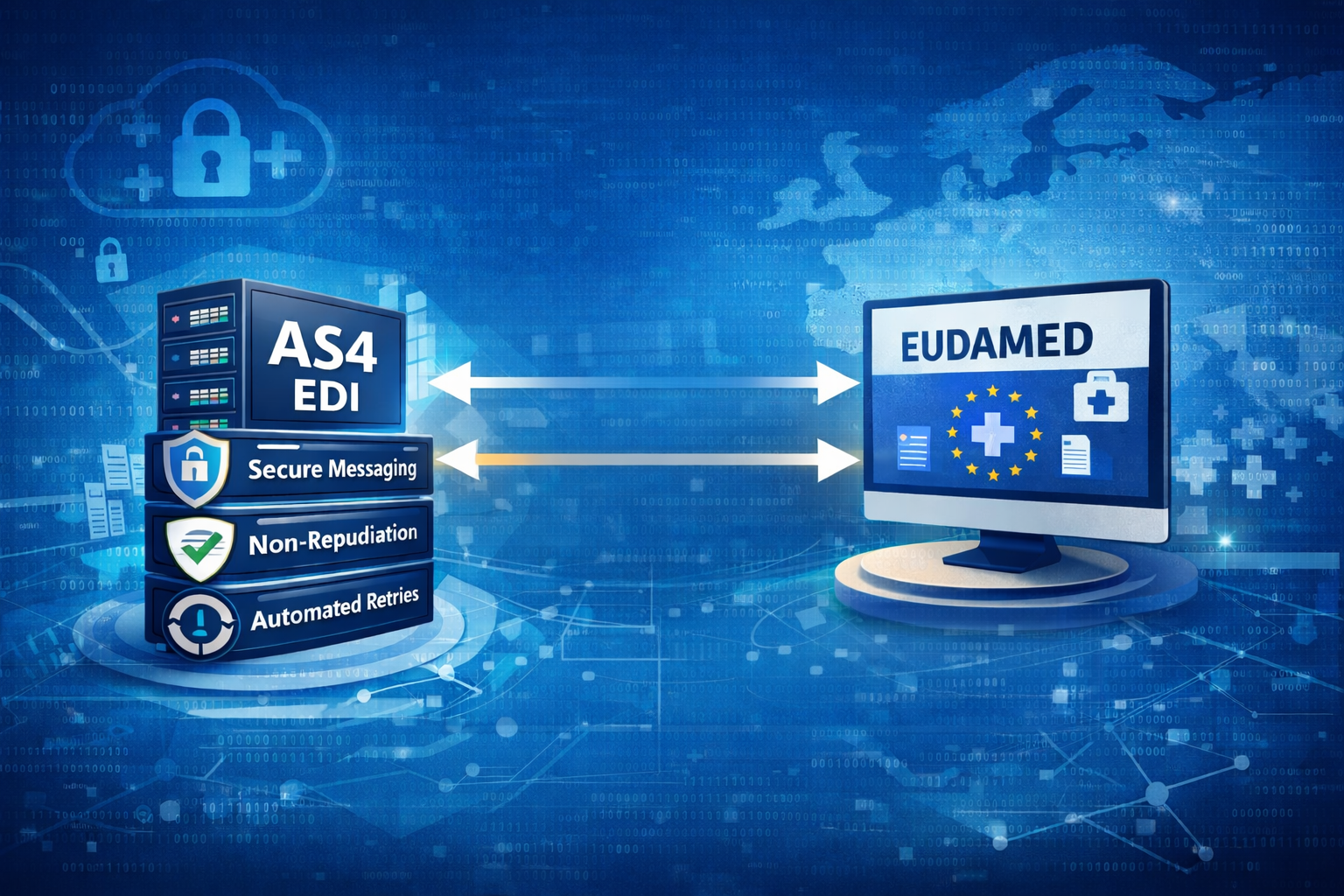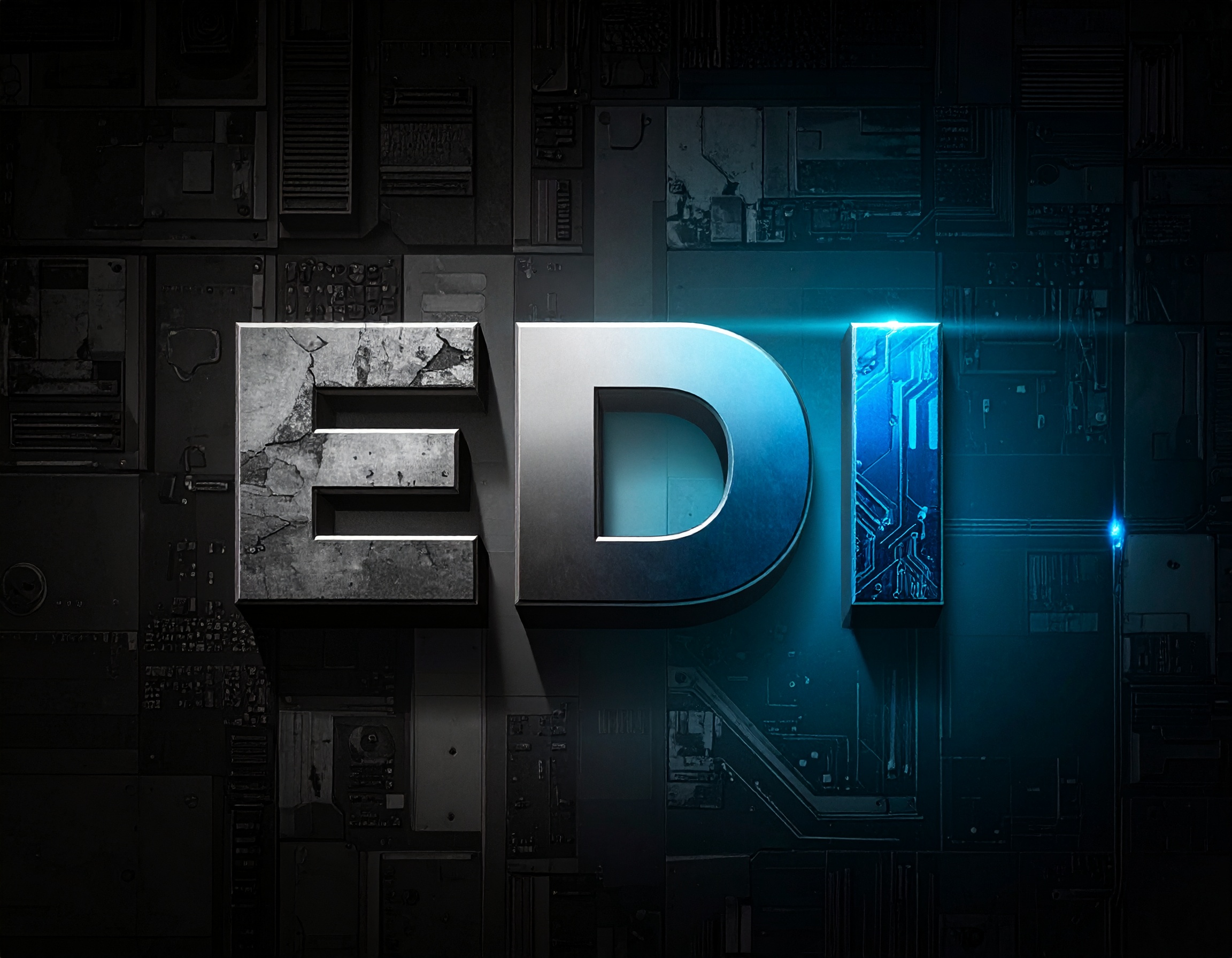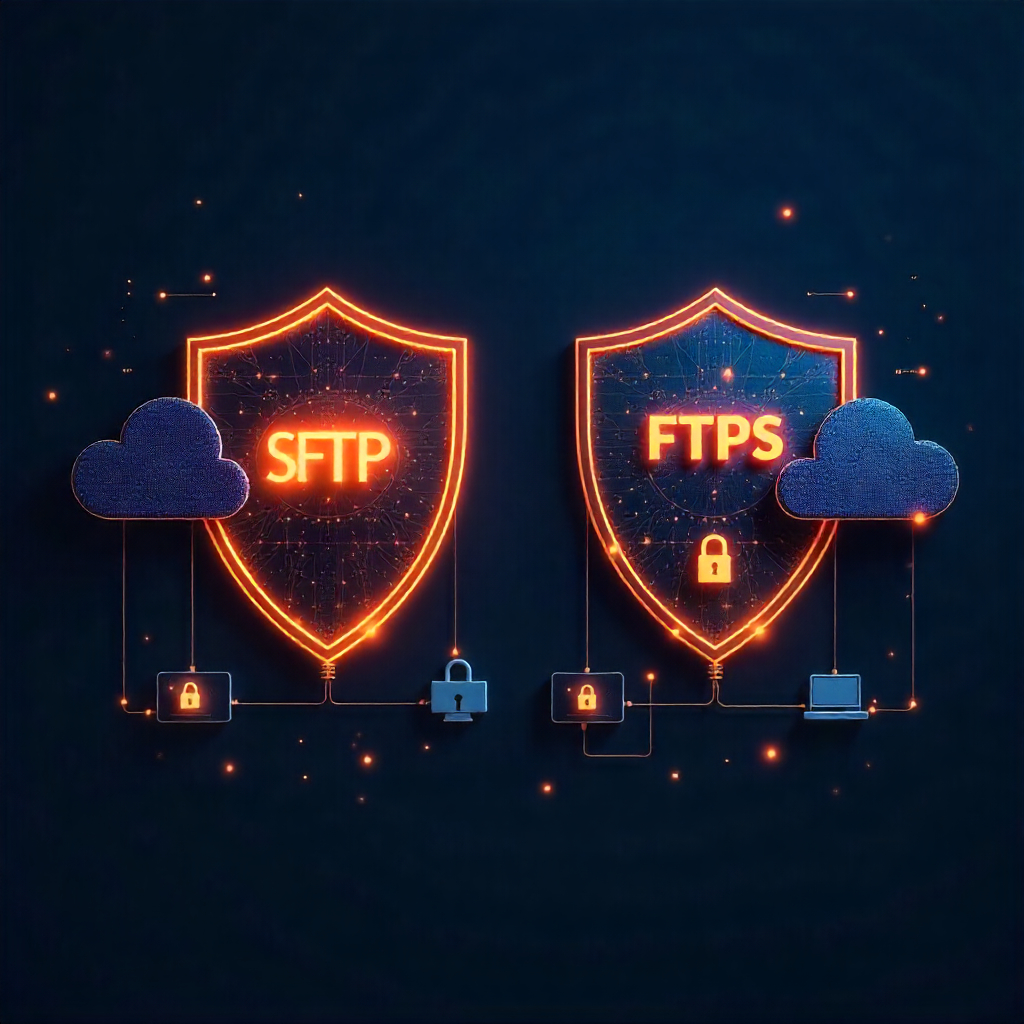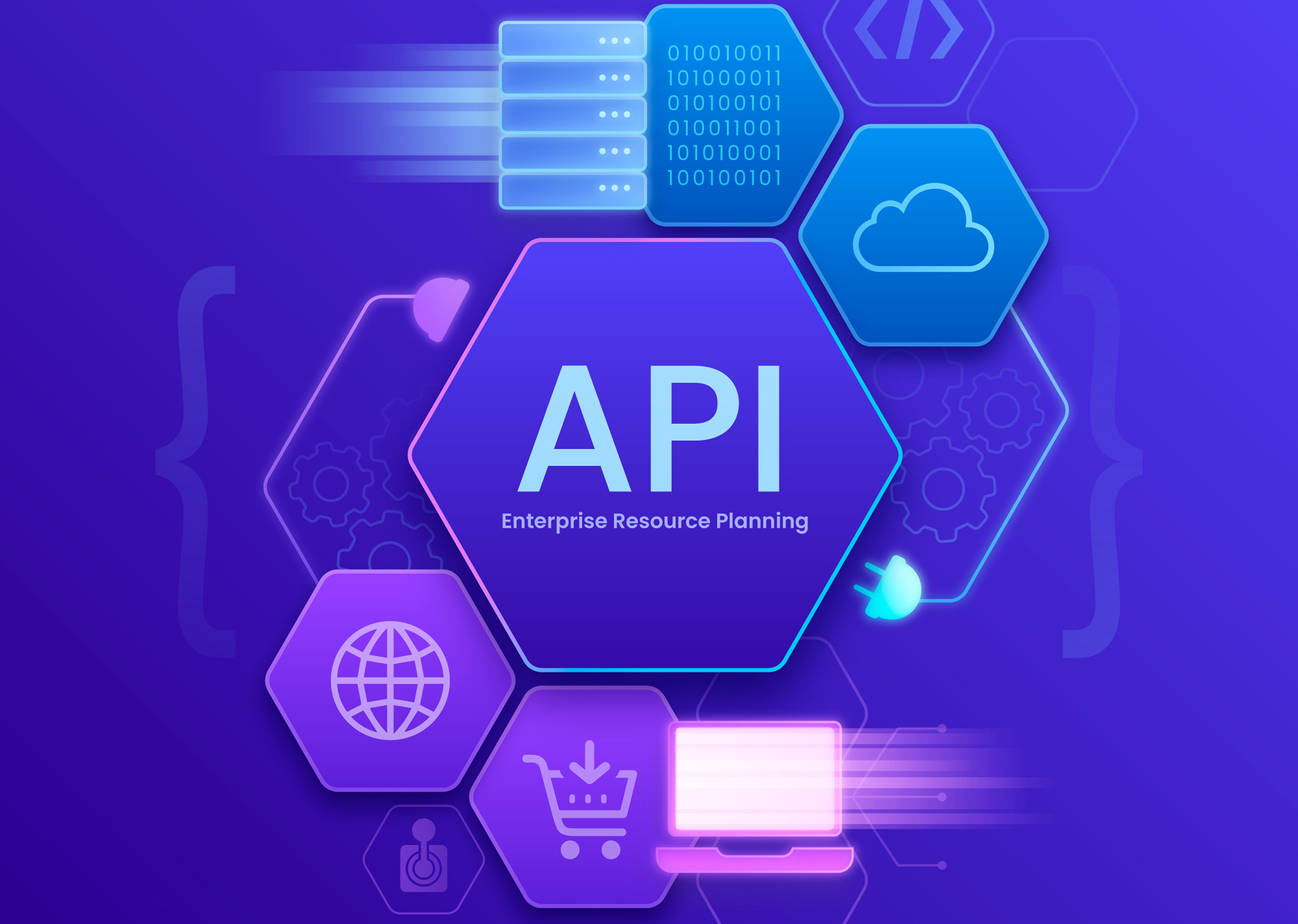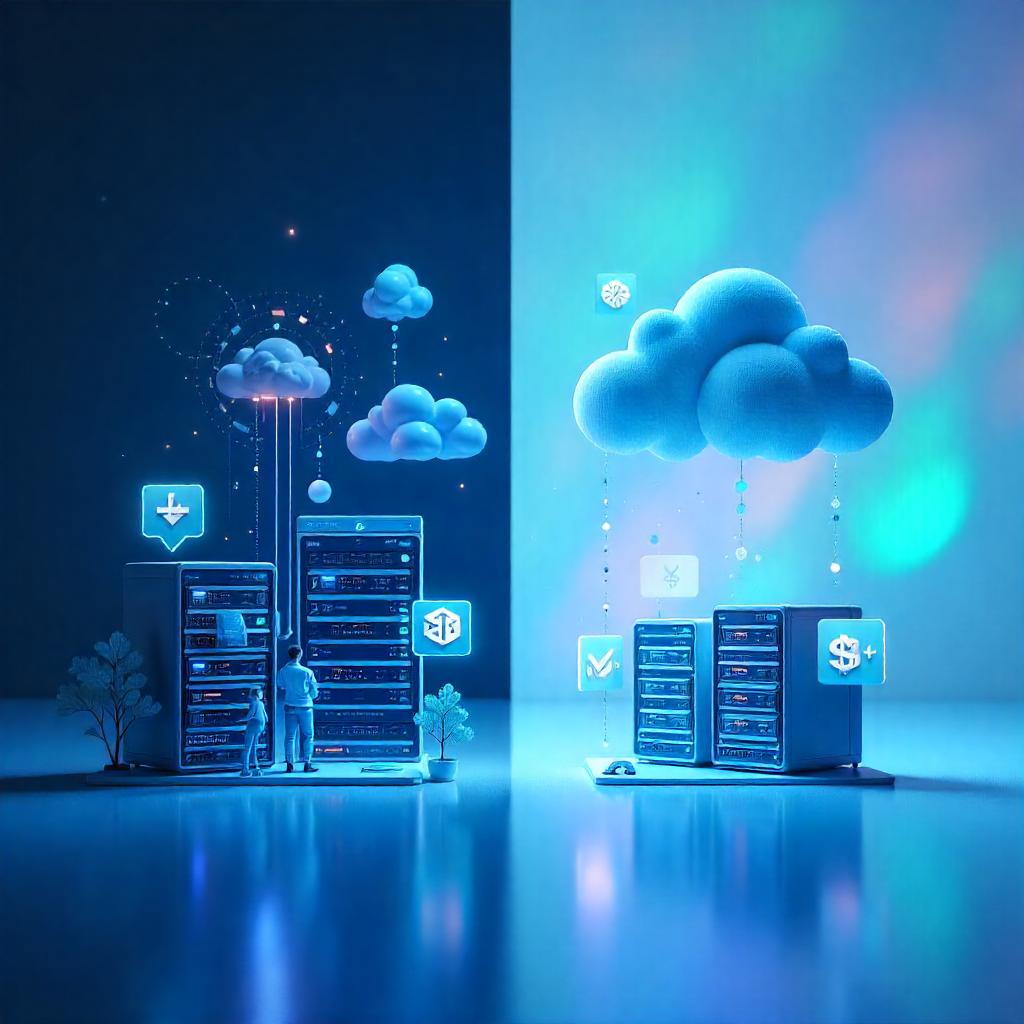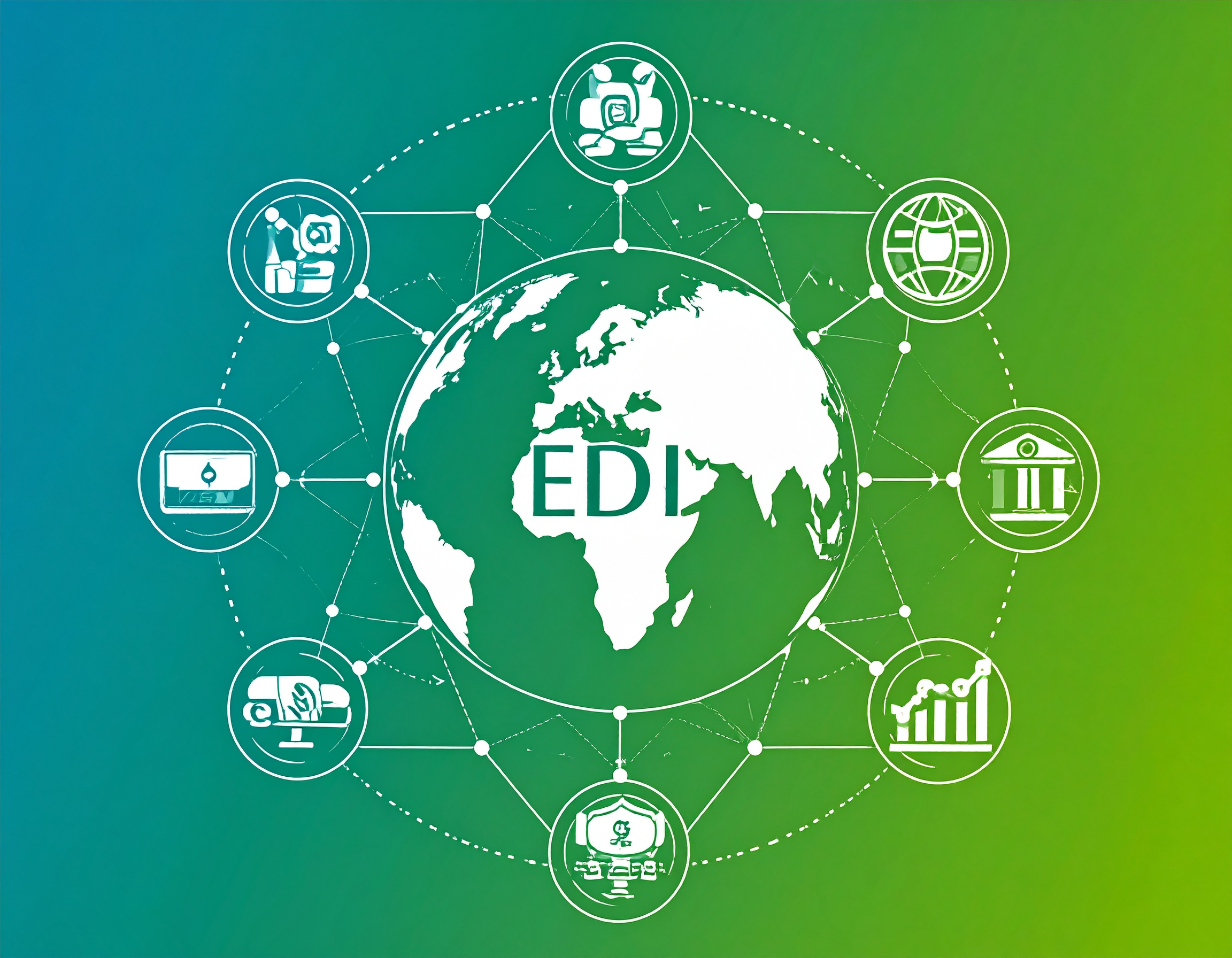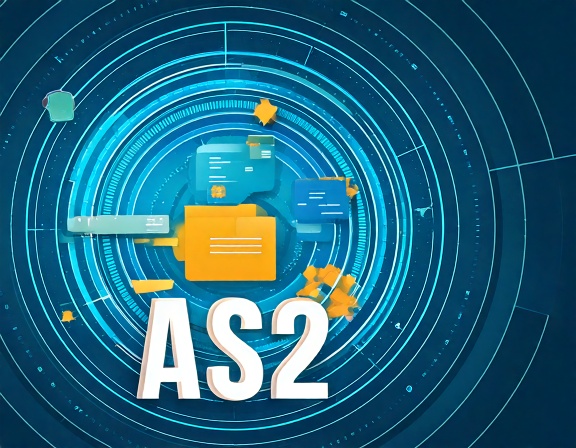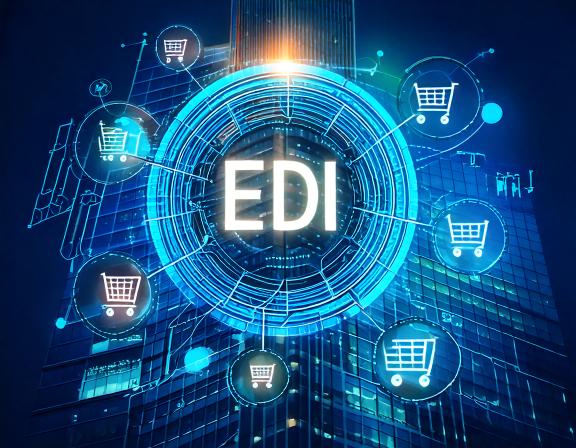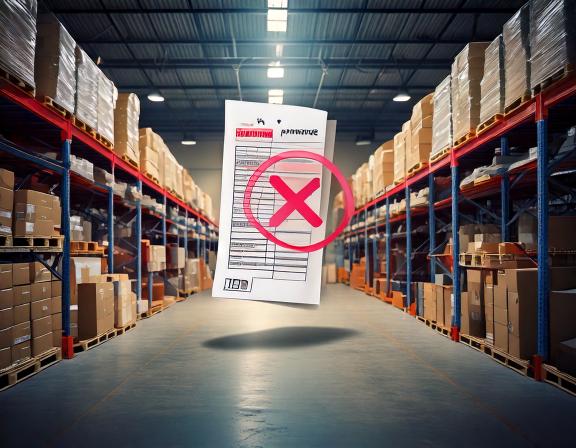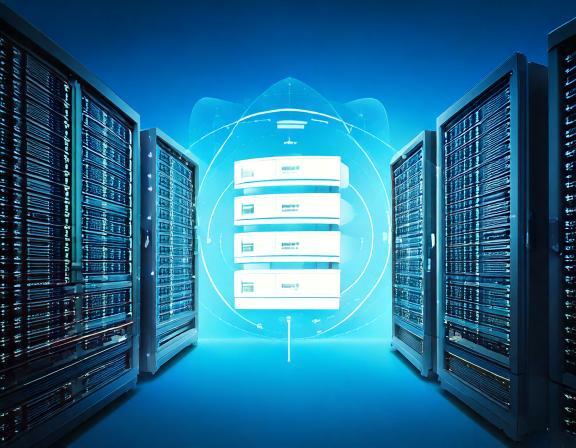MFT Gateway is a hosted Software as a Service (SaaS) solution that enables file exchange over the AS2 or SFTP protocol, without the need to install or maintain.
- Blog
- Benefits and Challenges of Fully Cloud-Based EDI Solutions
EDI
Benefits and Challenges of Fully Cloud-Based EDI Solutions
Discover the pros and cons of fully cloud-based EDI solutions, from cost savings and scalability to security and compliance concerns.

Kumudika Rupasinghe
Published: 25 Apr 2025

In today’s world, businesses are under constant pressure to streamline operations, reduce costs, and ensure seamless communication with partners. One of the key enablers of these efficiencies is Electronic Data Interchange (EDI). EDI allows businesses to exchange information with trading partners electronically, using standardized formats. With the rapid evolution of technology, fully cloud-based EDI solutions have emerged as a transformative innovation. This article explores the benefits and challenges of fully cloud-based EDI solutions, highlighting why it has become a cornerstone for modern businesses while also addressing potential obstacles.
What is Cloud-based EDI
Cloud-based EDI refers to an EDI solution hosted entirely in the cloud, eliminating the need for on-premises infrastructure. Unlike traditional EDI, which typically requires significant investments in hardware and software, cloud-based EDI leverages the scalability and flexibility of cloud computing to manage, process, and monitor data exchanges.
Benefits of Fully Cloud-Based EDI Solutions
Fully cloud-based EDI solutions offer several significant benefits that make them a compelling choice for businesses in terms of operational efficiency and agility.
1. Cost Efficiency
One of the main advantages of cloud-based EDI is its cost-effectiveness. Traditional EDI usually requires a large upfront investment in infrastructure, software licensing, and ongoing maintenance. However, a cloud-based model follows a subscription or pay-as-you-go basis, which eliminates large capital expenditures. By adhering to a cloud-based EDI solution, companies can save on hardware costs. The maintenance and upgrades are handled by the service provider. Companies can get a predictable monthly cost, making budgeting easier.
2. Scalability and Flexibility
When businesses grow, their data exchange needs to evolve. Cloud EDI solutions are highly scalable, allowing organizations to add or reduce capacity based on their requirements without incurring additional costs. For example, businesses can scale up their systems to accommodate increased transaction volumes during peak seasons, such as holidays. Also, a cloud-based solution provides the flexibility to integrate with new partners, suppliers, and systems, ensuring long-term adaptability.
3. Global Accessibility
Since cloud-based EDI operates in a cloud environment, it offers the convenience of any-time, anywhere access. Whether the teams are distributed locally or globally, they can monitor and manage data exchanges from any device with an internet connection, which improves collaboration across international borders. Moreover, it provides faster resolution of issues due to real-time access.
4. Faster Implementation
Traditional on-premises EDI solutions often require lengthy implementation periods. However, cloud EDI solutions enable businesses to get up and running quickly with pre-configured setups and minimal customization. This is beneficial for businesses operating in dynamic markets and organizations looking to meet immediate compliance requirements.
5. Enhanced Security
Modern cloud-based EDI solutions are equipped with advanced security protocols, including encryption, multi-factor authentication, and regular vulnerability assessments. Leading providers always adhere to the latest data protection standards, ensuring that sensitive information remains secure.
6. Simplified Maintenance
Maintenance of on-premises EDI systems can be labor-intensive, requiring skilled IT staff. Because of the shared responsibility model, cloud EDI transfers this responsibility to the service provider, who manages updates, patches, and troubleshooting. This allows businesses to focus on their core operations with peace of mind that their EDI solution is continuously optimized.
7. Integration with Modern Applications
Fully cloud-based EDI solutions are designed to integrate seamlessly with other cloud-based applications such as ERPs, CRMs, and supply chain systems. This interoperability ensures a unified and efficient workflow across departments.
Challenges of Fully Cloud-Based EDI Solutions
Even though there are many benefits of cloud-based EDI solutions, businesses have to face certain challenges to maximize their potential.
1. Dependency on Internet Connectivity
Cloud-based solutions require a stable and reliable internet connection. Any disruption in connectivity can hinder business operations and delay critical transactions. Organizations which are distributed in different regions with poor internet infrastructure may face difficulties in connecting. In such cases, contingency plans, such as backup internet connections, are crucial to mitigate this risk.
2. Data Sovereignty and Compliance
Different countries have varying data sovereignty laws, which dictate where data must be stored and processed. Businesses using cloud EDI solutions must ensure that their provider complies with these regulations. For example, data localization laws in countries like China and Russia may restrict the storage of sensitive information on foreign servers. Businesses operating internationally must choose providers with data centers in multiple regions.
3. Vendor Lock-In
Relying on a single cloud service provider can lead to vendor lock-in, making it challenging to switch providers or platforms if the need arises. To overcome such cases, businesses should negotiate flexible contracts and look for providers that offer interoperability and data portability.
4. Security Concerns
While cloud-based EDI solutions boast advanced security measures, concerns about data breaches and unauthorized access remain. It is important to thoroughly assess potential providers to ensure their security protocols align with industry standards.
5. Learning Curve for Teams
Transitioning from a traditional EDI system to a fully cloud-based solution requires training and adaptation. Employees may need time to familiarize themselves with the new interface, workflows, and processes.
6. Costs in the Long Run
While initial costs are lower, subscription-based pricing models can accumulate over time. Businesses must analyze long-term costs to determine whether the cloud solution remains cost-effective as they scale.
How to overcome the challenges of Cloud-Based EDI Solutions
Here are some strategies to maximize the benefits of cloud-based EDI solutions while addressing the obstacles:
-
Choose a Reliable Provider: Research and partner with a cloud EDI vendor that has a strong track record, robust infrastructure, and compliance with relevant regulations.
-
Invest in Training: Provide employees with proper training to ensure a smooth transition to the cloud.
-
Adopt a Hybrid Approach: For businesses with specific concerns, a hybrid model combining cloud and on-premises solutions can offer the best of both worlds.
-
Stay Updated: Regularly monitor advancements in cloud EDI technology to stay ahead in the competitive landscape.
Conclusion
As the digital era evolves, cloud EDI advantages will continue to drive innovation and redefine the way businesses operate. The shift to fully cloud-based EDI solutions signifies a transformative step for businesses seeking agility, scalability, and cost efficiency. By embracing these solutions, organizations can foster better collaboration, enhance operational efficiency, and adapt to evolving market demands. However, it is important to acknowledge and address the challenges of cloud-based EDI to fully unlock its potential. The key to success lies in selecting the right solution and partner that aligns with your business goals, industry requirements, and long-term growth strategies.
To simplify your transition, explore our powerful EDI Generator designed to streamline cloud-based EDI setup and integration with ease.

Talk to an EDI Expert
Join hundreds of organizations already taking full control of their B2B AS2 communications with our trusted solutions. Contact us today to tailor a solution that fits your specific AS2 EDI needs.
Related Articles
View All BlogsExplore our product stack
Try before you buy with a 30-day Free Trial
No commitment, all value. Try the AS2 Solution Risk-Free and discover how our solutions can transform your business workflows. No credit card required.
Explore Your Possibilities
Elevate AS2 Communications with our EDI and AS2 Solutions
See how our AS2 and EDI solutions can simplify your integrations, boost efficiency, and keep you compliant—request a personalized demo today.





